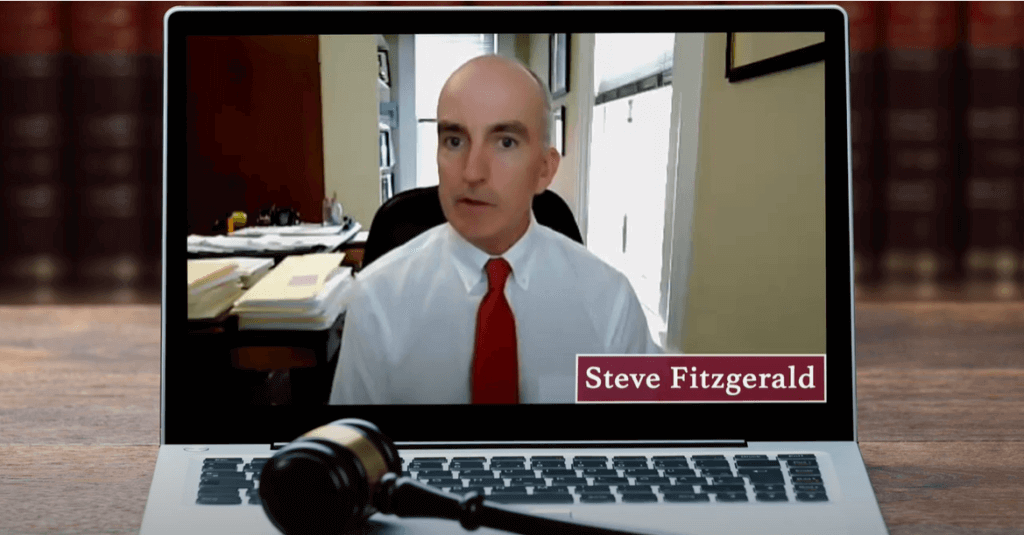Jun 30 2021
Nina Pirrotti: Hey Steve.
Steve Fitzgerald: Hi Nina.
Nina Pirrotti: I understand that we’re talking about whistleblowers today and in particular, a couple of Connecticut statutes that protect whistleblowers. Maybe you should start by telling us, what is a whistleblower?
Steve Fitzgerald: Sure, a whistleblower is an employee who observes that their employer has engaged in illegal activity, suspected illegal activity, and he then reports that activity to a law enforcement or government agency. In taking that step we say that the employee has quote-unquote, “blown the whistle” on their employer. So then, the employee has effectively blown the whistle on the wrongdoing on the part of their employer. Causes of action then arise for those employees if they are retaliated against for having blown the whistle on their employer.
Nina Pirrotti: What is the first statute that you wanted to talk about?
Steve Fitzgerald: Sure, so the first statute that I want to talk about is Connecticut General Statute Section number 31-51M. Now this statute protects, what we call here at Garrison, the “classic” whistleblowing scenario. That’s the one I just described where the employee, through his or her work, observes a violation of the law being conducted by his or her employer or again, a suspected violation of the law. Those laws include state law, federal law, municipal ordinances. And, that employee then goes to a government agency, whatever agency that may be, the department of revenue, the department of public health, in order to report to that relevant government agency the wrongdoing being committed by his or her employer. Now 31-51M describes that activity that I just described as protected activity and it prohibits your employer from retaliating against you, either discharge or discipline or some other form of adverse action. The statute prohibits your employer from taking that adverse action against you for having engaged in that whistleblowing activity. 31-51M has a variety of remedies available to the employee who proves he was retaliated against, including even reinstatement, if that employee was terminated.
Nina Pirrotti: Great. So, 31-51M protects employees who make a report about their employer to a government agency. Is there any protection for employees who blow the whistle inside the workplace?
Steve Fitzgerald: Sure, and in this regard, Connecticut is very unique. We have another statute, Connecticut General Statute Section 31-51Q, which protects free speech within the workplace. Now the way the case law has developed in interpreting 31-51Q, if an employee within the workplace is speaking out on something called “a matter of public concern”, then that employee can have that activity within the workplace deemed as protected activity. Section 31-51Q prohibits the employer from disciplining or discharging that employee for having spoken out within the workplace on that matter of public concern. So that’s 31-51Q. It has a whole host of remedies available to an employee who prevails, including even punitive damages.
Nina Pirrotti: It’s a really very strong protection for whistleblowers under Connecticut law and I think an important one for our employees. So, if you’ve blown the whistle on your employer for violations or suspected violations under the whistleblower statutes at our disposal or any other and you believe you have been retaliated against for doing so, please call us here at Garrison.
Posted by Garrison, Levin-Epstein, Fitzgerald & Pirrotti, P.C. in Commentary
Tagged Nina Pirrotti, Stephen J. Fitzgerald









